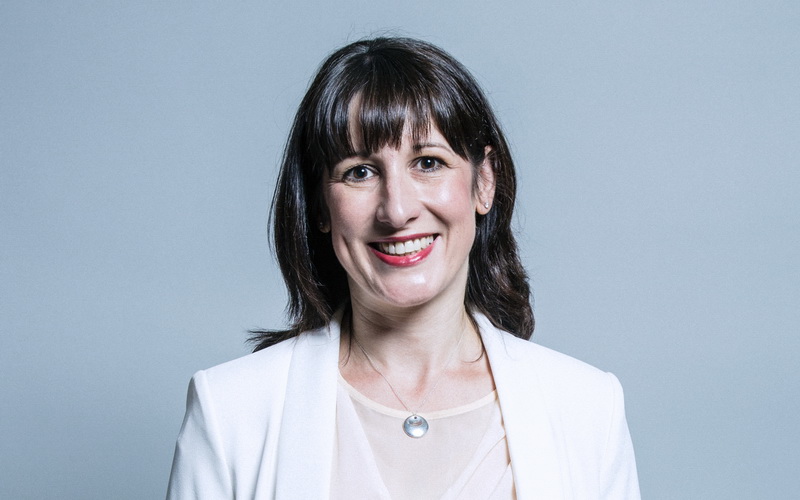Rachel Reeves could raise personal income taxes in October Budget without ‘officially’ breaking promises
Fiscal drag, pension tax relief reduction and new taxes could be in store for taxpayers
Rachel Reeves could still raise personal income taxes in the October Budget without officially breaking Labour’s manifesto promises.
Robert Salter, Director said:
It is clear following Rachel Reeves’s recent financial statement, that the Labour Government will be increasing taxes significantly in October’s Budget. There are ways Labour can do this while still officially meeting their manifesto promises not to raise income tax and NIC.
The new Government is already benefiting from fiscal drag – the process by which more people are drawn into taxation, or higher rates of taxation, by the freezing of personal tax allowances and tax rate bands. They will benefit from this process until at least April 2028, when the existing freeze, courtesy of the last Conservative Government, ends.
However, the Government could extend fiscal drag until at least April 2029. This would not break any of the promises that the Labour Party made during the election, and it would increase their tax and NIC revenues significantly. It would also help avoid the negative publicity associated with a direct increase in tax rates or a formal reduction in tax bands.
Another way to increase tax revenues would be targeting pension tax relief. There are a number of ways in which the Government could reduce tax relief and increase the tax take associated with pensions. They could reduce the tax-free lump sum, presently 25% of the pension savings pot in most cases, which pensioners can take out on a tax-free basis on retirement.
Alternatively, the Government could restrict the tax relief that individuals qualify for on their personal and employer pension contributions. Such contributions presently qualify for tax relief at a taxpayer’s ‘marginal tax rate’, 40% or 45% for higher or additional rate taxpayers. Reducing the tax relief in such cases to 20% or 25% would be a significant tax saving.
However, while the cost of pensions tax relief to the Government is significant, at perhaps ca. £30bn per annum, the reality is that fiddling with pensions tax relief is difficult from a political, structural and administrative perspective. For example, how would a Government tax the contributions associated with final salary pension scheme so that the tax treatment is the same as regular employer contributions into a defined contribution pension scheme?
Robert said:
Finally, it is quite easy for the Government to introduce new taxes on items which can presently be provided on a tax-free basis. For example, work-based car parking and work-provided mobile phones are both a tax-free benefit. The Government could tax these on a ‘fixed charge basis’, to capture income tax and NICs from the employee and employer.
Would you like to know more?
If you have any questions about the above, please get it touch with your usual Blick Rothenberg contact or Robert Salter using the form on this page.
Contact Robert

You may also be interested in

Public sector pay rises could harm UK economy

Labour’s first non-dom move













